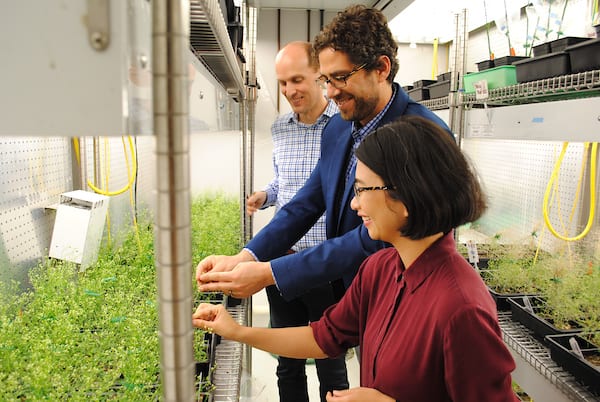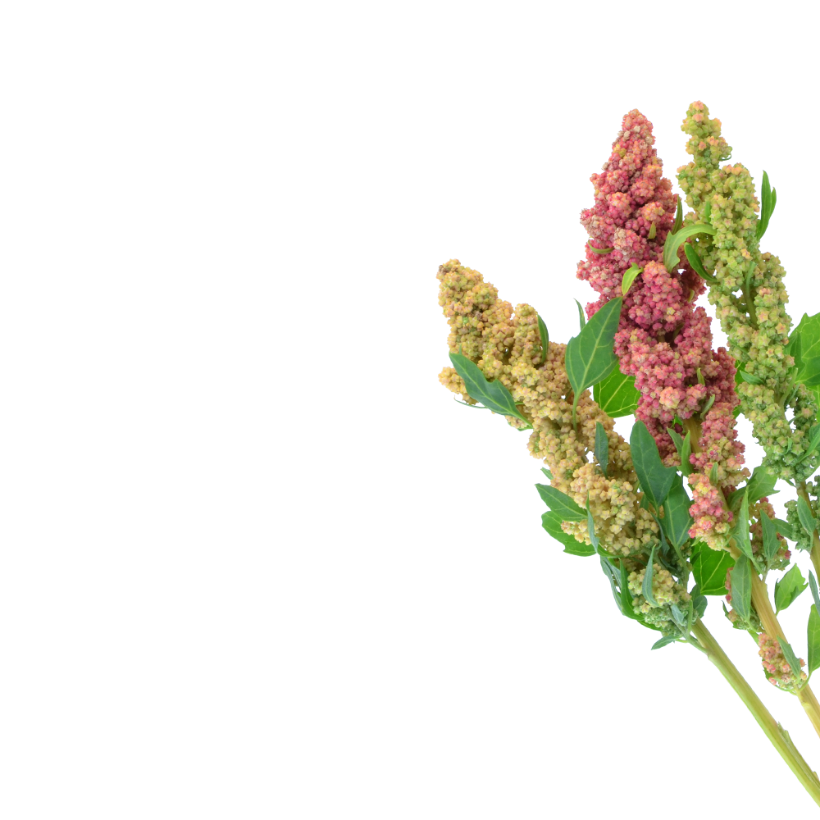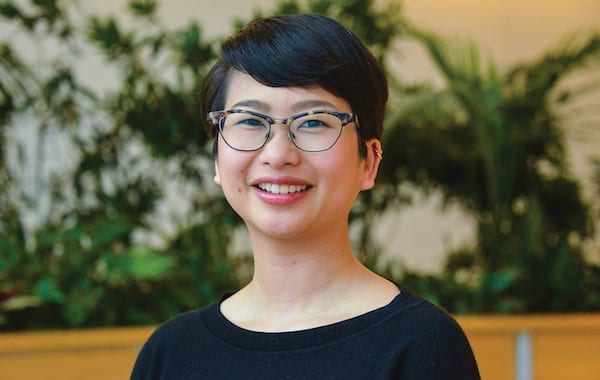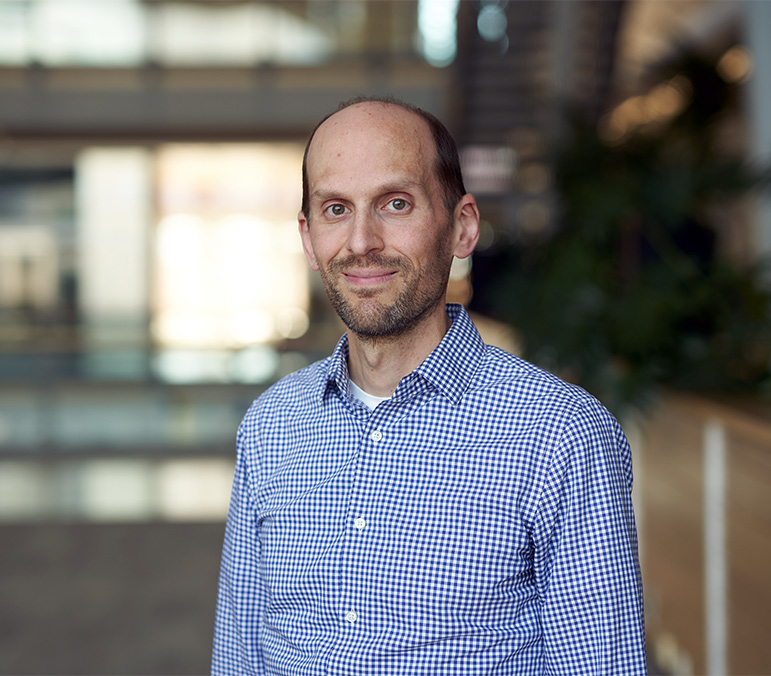Certified Plant Killer
“I can’t keep a plant alive. That’s why I like to work on plant stress.”
Malia Gehan, PhD, laughs as she explains that she was drawn to plants for their resilience — and the lessons we can learn from it.
“When people get too hot, we can take off our jackets. If we get too cold, we can put our jacket on. Plants can’t do that. And yet you find plants growing in some of the most extreme environments. How is that possible? If we understand how some plants manage it, we should be able to help other plants do it too.”
Given the role that agriculture can play in climate change and environmental sustainability, Malia’s work is critical for the future of our planet and our species.
Literally Eye Opening
“People have plant blindness,” explains Malia. “We do a lot of outreach for students in elementary school all the way up to college students. We ask them what their favorite plant is, and many people list, ‘decorative plants like flowers’.’ It’s surprising how few people make the connection between plants and food.”
To counteract plant blindness during outreach events, Malia and her team look for examples that young people are interested in. Projects aimed at life on Mars, for example, stimulate tremendous interest in agriculture. “Showing examples of growing lettuce on the International Space Station usually peaks interest. What’s happening here on Earth is the environment is getting more extreme. People studying plants in space are also studying plants in extreme environments.”
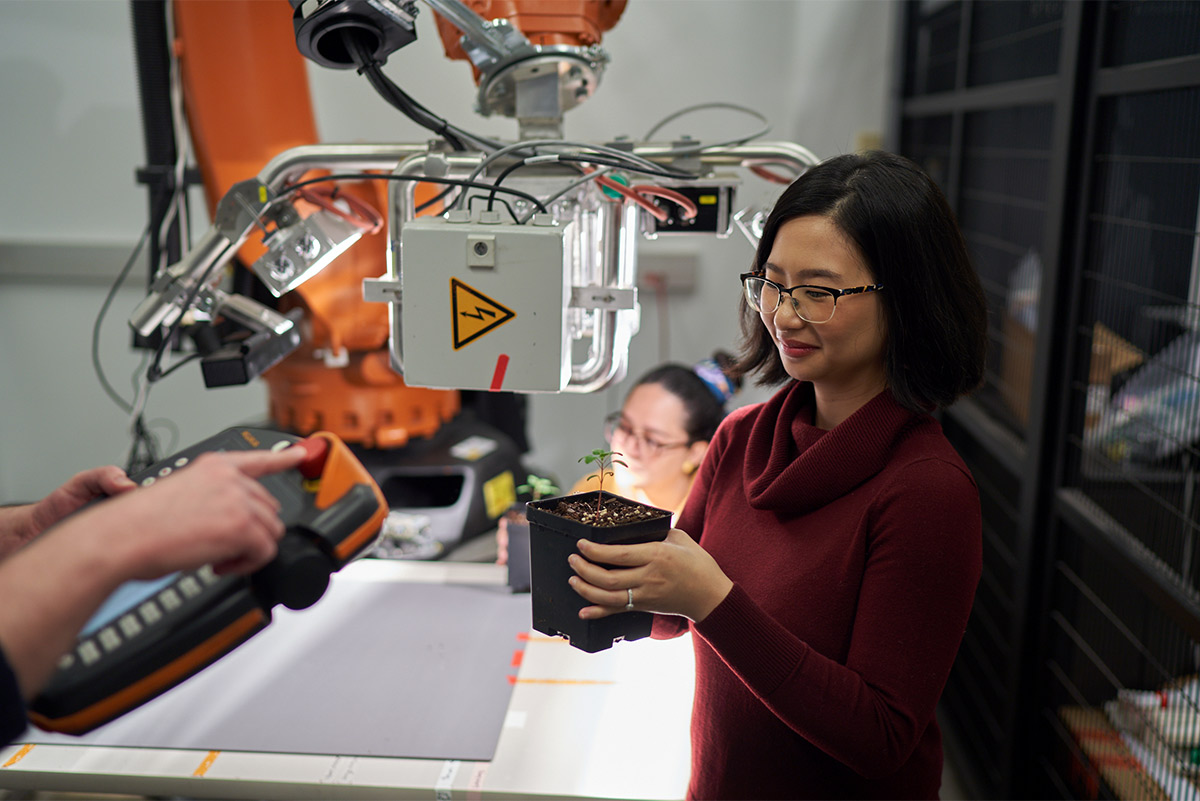
The Tech Behind the Science
Malia and her team focus on how plants respond to stressful conditions by using advanced imaging technologies that measure plant health. The tools range from basic cameras to hyperspectral models that yield details invisible to the naked eye.
“Your phone camera has three channels: red, blue and green. A hyperspectral camera has a thousand channels, each with a unique reflective sensitivity.”
That reflectance measurement helps researchers understand how temperature stress affects chlorophyll levels, for example, or induces subtle changes in development, all of which can be useful for developing crops that better tolerate stress. The Bellwether Growth chamber facility allows Malia’s lab to study and photograph thousands of plant samples over time in many different environments.
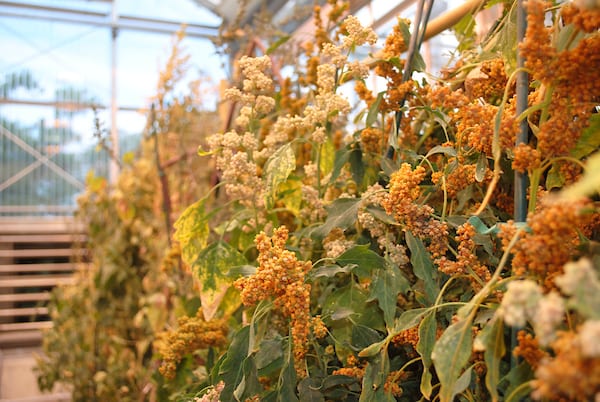
Facial Recognition for Plants
Malia is particularly proud of another part of her work: developing software and algorithms that analyze the same images produced by her team’s research.
“Because we were collecting all this data–millions of plant images–we had to find a way to analyze it. The software we needed didn’t exist, so we co-developed software with Noah Fahlgren’s group,” she says.
Malia and her team are developing tools like PlantCV as open-source software, so it can propel the efforts of other researchers. This type of shared academic technology can speed crop innovations that could improve the lives and health of people in developing nations and around the world.
